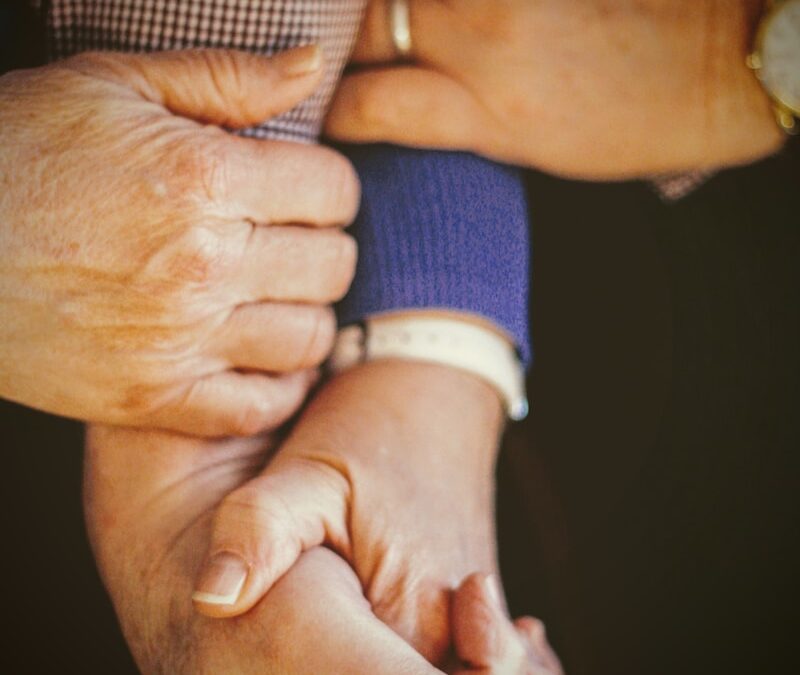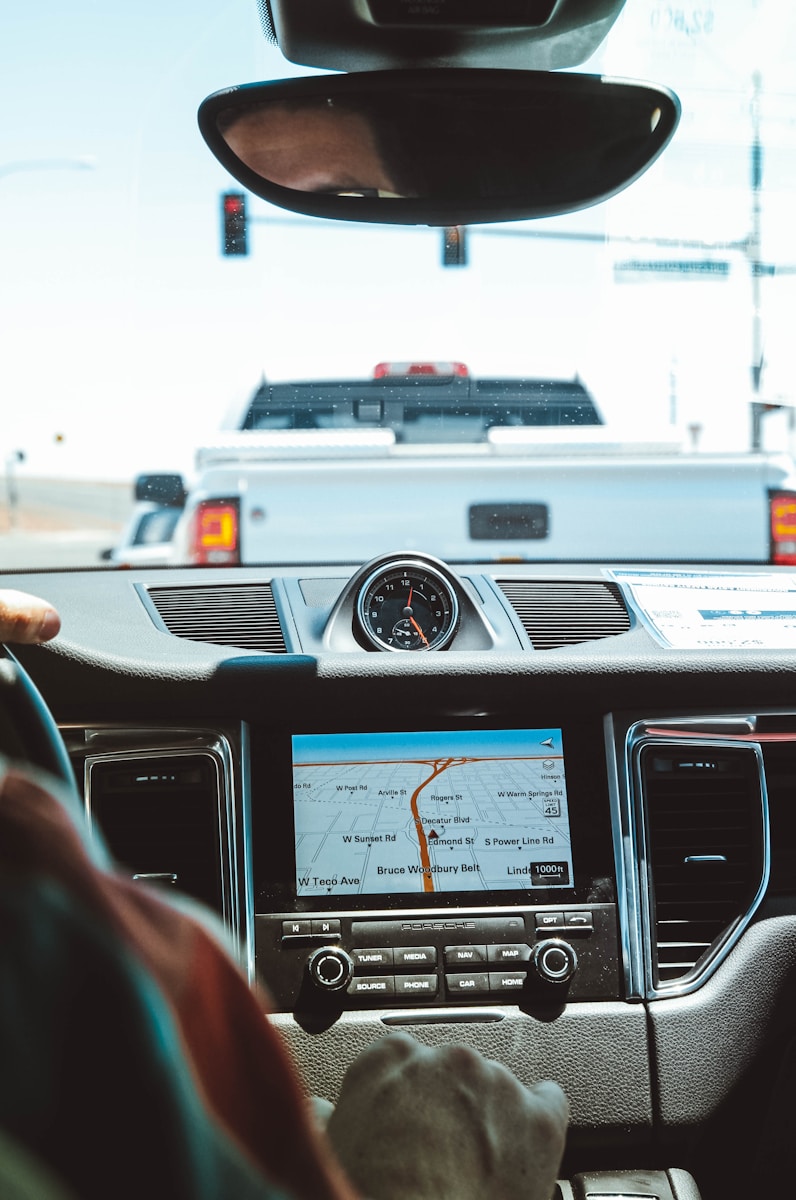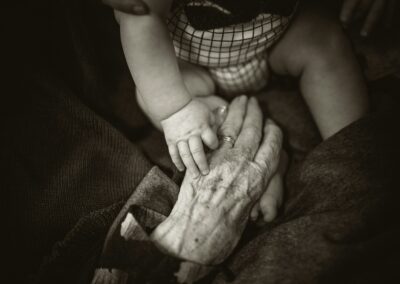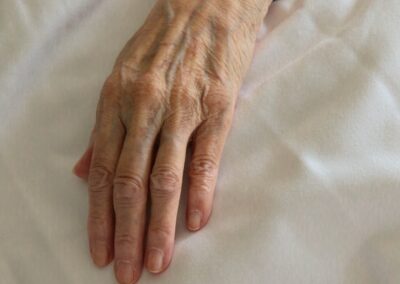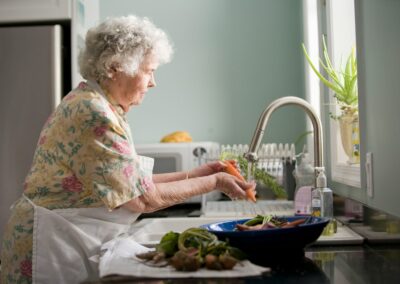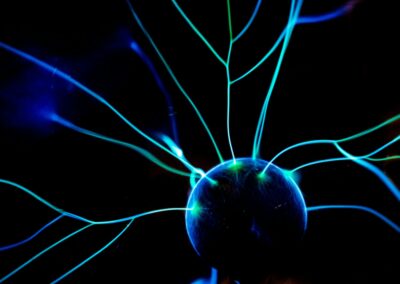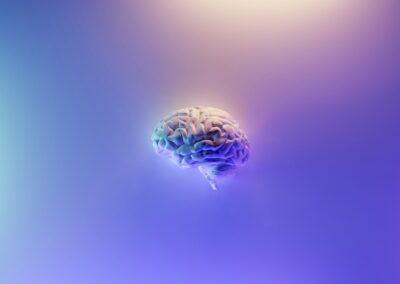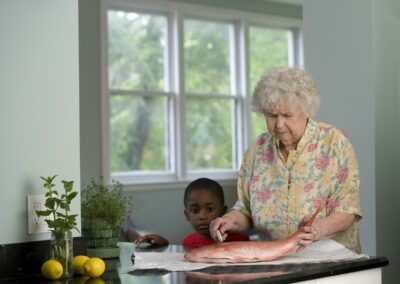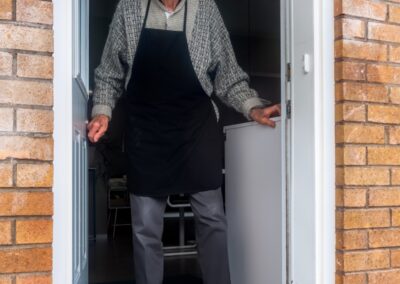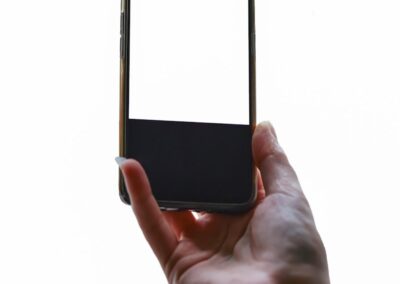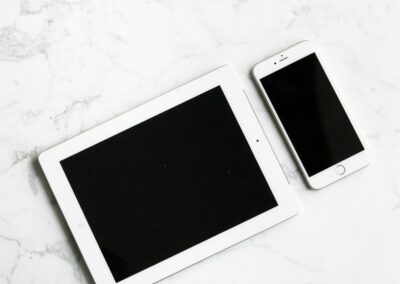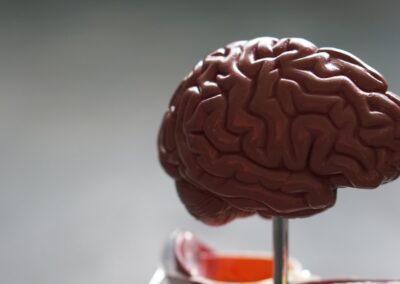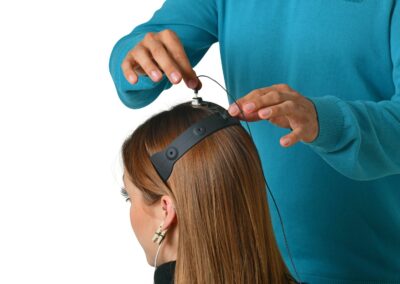Empowering Independence Through IoT Technology
Transforming Senior Living with Smart Home Devices
The role of IoT for the aging population is increasingly vital in maintaining independence and improving quality of life. IoT technology has revolutionized how elderly individuals interact with their living environments, offering smart home solutions that enhance safety, comfort, and autonomy. In cities like Dubai and Riyadh, the adoption of smart home technology has become a cornerstone of senior care, integrating sensors, automated systems, and intelligent devices to create supportive living environments.
For instance, smart home devices equipped with IoT sensors can monitor health metrics such as heart rate, blood pressure, and activity levels, sending real-time data to caregivers or family members. These devices can alert users and their support networks in case of emergencies or deviations from normal health patterns, ensuring timely intervention when necessary. This proactive approach not only supports the independence of elderly individuals but also provides peace of mind to their families, knowing that help is readily available if needed.
Enhancing Daily Activities and Safety with IoT Solutions
IoT technology also plays a crucial role in facilitating daily activities and ensuring safety for the aging population. Smart appliances, such as automated lighting, voice-activated assistants, and smart thermostats, are designed to accommodate the needs of elderly individuals, making their daily routines more manageable and enjoyable. These technologies can be customized to respond to voice commands, control home environments, and manage tasks such as turning off lights or adjusting temperatures, which can be particularly beneficial for individuals with mobility challenges.
In the UAE, innovative solutions like fall detection sensors and emergency alert systems are integrated into the home environment to enhance safety. These IoT devices can detect falls or accidents and automatically notify emergency services or caregivers, providing immediate assistance and reducing the risk of serious injuries. By incorporating these technologies, elderly individuals can maintain a higher level of independence while ensuring their safety and well-being are continually monitored.
Case Studies of IoT-Driven Independence Solutions
Several case studies highlight the positive impact of IoT technology on the independence and quality of life for the aging population. In Riyadh, smart home projects tailored for elderly residents demonstrate how IoT solutions can be integrated into everyday living to support independence. For example, a senior living community in Riyadh has implemented a comprehensive IoT system that includes smart monitoring devices, automated home controls, and communication tools to enhance resident autonomy and safety.
In Dubai, a pioneering initiative involving IoT technology has introduced smart home systems that provide elderly individuals with greater control over their living environments. These systems offer features such as remote health monitoring, automated emergency responses, and personalized comfort settings, all of which contribute to a higher quality of life for seniors. These case studies showcase the potential of IoT technology to create supportive, independent living environments for the aging population.
Improving Quality of Life with Advanced IoT Innovations
Personalized Health and Wellness Monitoring
IoT technology significantly enhances the quality of life for elderly individuals by enabling personalized health and wellness monitoring. Wearable devices and home-based sensors can track vital signs, medication adherence, and physical activity levels, providing valuable insights into an individual’s health status. This data allows for personalized care plans and timely adjustments to ensure optimal health outcomes.
In Saudi Arabia, advancements in IoT technology are being utilized to develop sophisticated health monitoring systems that cater to the needs of the elderly. These systems can integrate with healthcare providers to facilitate remote consultations, medication reminders, and health tracking. By leveraging IoT data, caregivers can offer more personalized and responsive care, ultimately improving the overall well-being of seniors and supporting their ability to live independently.
Facilitating Social Connectivity and Engagement
Another significant benefit of IoT for the aging population is its ability to facilitate social connectivity and engagement. IoT-powered communication tools, such as video call systems and social networking platforms, enable elderly individuals to stay connected with family and friends, reducing feelings of isolation and loneliness. These technologies also offer opportunities for virtual participation in community events, classes, and social activities.
In the UAE, initiatives aimed at enhancing social connectivity for seniors through IoT include virtual reality programs and interactive platforms that allow elderly individuals to engage in social and recreational activities from the comfort of their homes. By promoting social interaction and engagement, IoT technology contributes to the mental and emotional well-being of seniors, supporting their overall quality of life and helping them maintain meaningful connections with their communities.
Future Trends and Innovations in IoT for Senior Care
The future of IoT for the aging population promises even greater advancements in technology and innovation. Emerging trends in IoT include the development of more intuitive and user-friendly devices, advanced AI-driven analytics, and seamless integration with other smart technologies. These innovations will further enhance the capabilities of IoT systems in supporting senior independence and improving quality of life.
In cities like Riyadh and Dubai, ongoing research and development in IoT technology are focused on creating solutions that address the evolving needs of the aging population. Future innovations may include more sophisticated health monitoring systems, advanced safety features, and personalized care solutions that leverage AI and machine learning. As these technologies continue to evolve, they will play an increasingly important role in shaping the future of senior care and supporting the independence and well-being of elderly individuals.
Conclusion
IoT technology offers transformative benefits for the aging population, enhancing independence and quality of life through smart home solutions, personalized health monitoring, and improved social connectivity. By integrating IoT devices and systems into daily living, elderly individuals in cities like Dubai and Riyadh can enjoy greater autonomy, safety, and well-being. As technology continues to advance, the potential for IoT to support and empower the aging population will only grow, paving the way for more innovative and effective solutions in senior care.
—
#IoTForAgingPopulation #ElderlyIndependence #QualityOfLife #SmartHomeTechnology #SeniorCareInnovations #SaudiArabia #UAE #Riyadh #Dubai #ArtificialIntelligence #GenerativeAI #ModernTechnology #BusinessSuccess #LeadershipSkills #ProjectManagement

